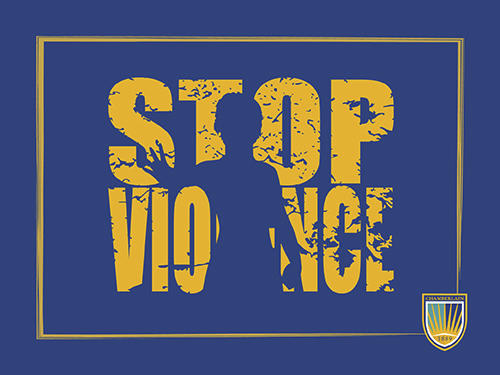Featured
Tags
Share
- Home / Blog / Tips for Students / 2 Fast-Growing Public Health Careers for MPH Graduates
2 Fast-Growing Public Health Careers for MPH Graduates

Would you be interested in a career where you could help reduce the number of smokers in the U.S.? What if the work you did could help save an estimated 42,000 lives in the U.S. every year through recommending childhood vaccines? Or imagine that your efforts could help reduce the birthrate among teens?
These aren’t just “what if” ideas. Thanks to professionals in the field of public health these have all been accomplished, and there is still so much work to be done.
From working to improve the social and psychological functioning of children and their families to improving the overall health of communities, the opportunities that result from earning a Master of Public Health (MPH) degree are vast, rewarding and increasing. Check out these public health careers and see if this field could be the right fit for you!
1. Medical and Health Services Manager
According to the Bureau of Labor Statistics, medical and health services managers, otherwise known as healthcare executives or healthcare administrators, organize, manage and coordinate medical and health services. They may manage an entire facility, certain clinical areas or departments, or medical practices for physicians. Medical and health services managers must adapt to changes in healthcare laws, rules and technology. Most of these public health workers practice in healthcare facilities, including hospitals and nursing homes.
Employment for medical and health services managers is predicted to grow 20% from 2016 to 20261, much faster than the average for all professions. As the baby-boomers age and people remain active throughout older age, there should be a greater need for healthcare services.
The Bureau of Labor Statistics notes that community health workers help individuals and communities acquire healthy behaviors. They also conduct outreach for medical professionals or health groups to implement programs that encourage, uphold and enhance individual and community health. Community health workers might also provide information on helpful resources, social services and informal counseling, support for individuals and community health needs, and offer services like first aid and blood pressure screenings. Aside from that, community health workers could collect information to help identify health needs within their community. The Bureau of Labor Statistics predicts employment for community health workers will grow by 16% from 2016 – 20261.
What’s next?
Whether you choose to create new health policies within your community or help kids in foster care find safe and loving homes, there is one thing that can help you achieve these goals: your MPH degree. Learn more about Chamberlain’s Master of Public Health degree program now.
1 Data reflects a national projected percentage change in employment from 2016-2026 and may not reflect local economic conditions.
By Agnes Hicks
More from Tips for Students
Request More Information
To receive the Chamberlain University Program Guide, including associated career paths, please select a program of study.





